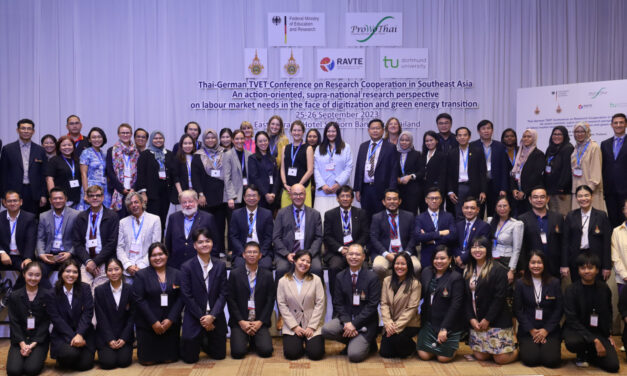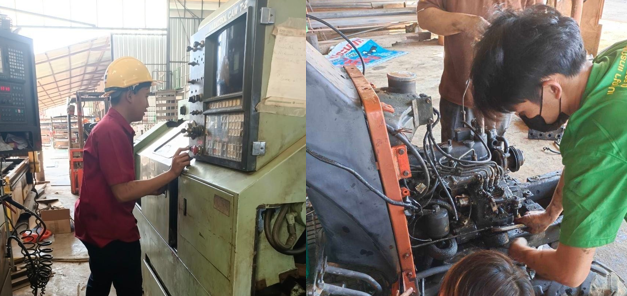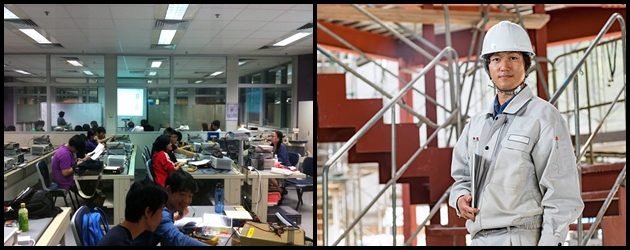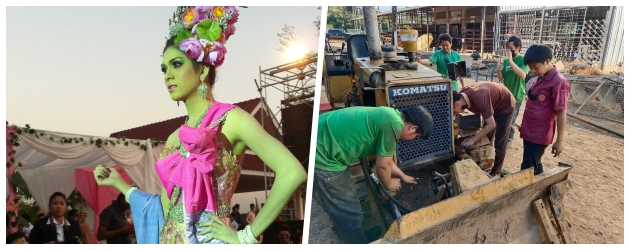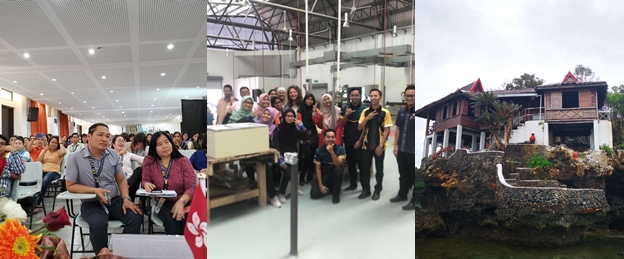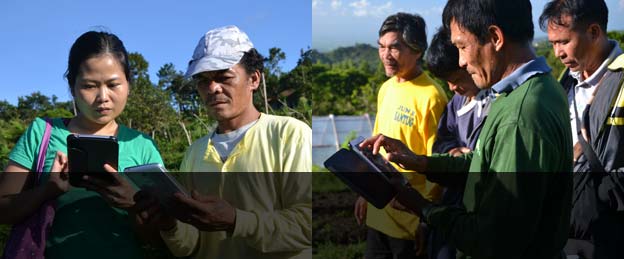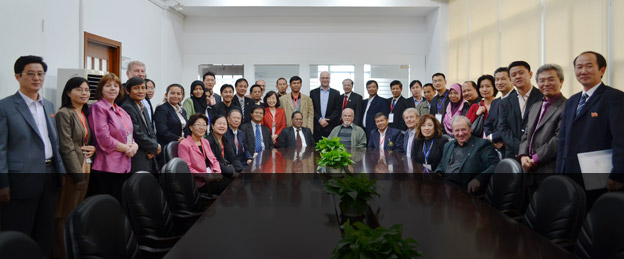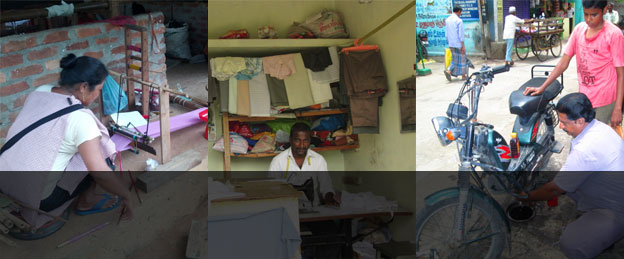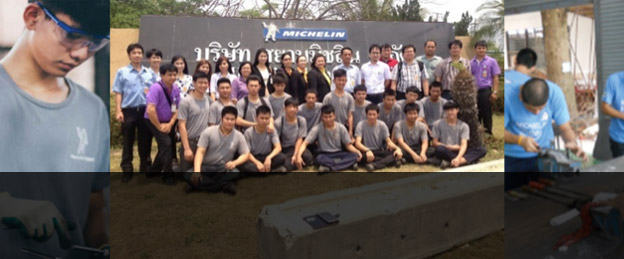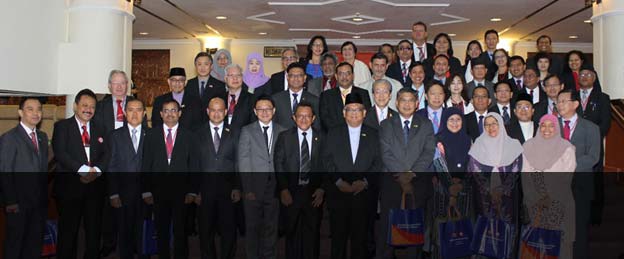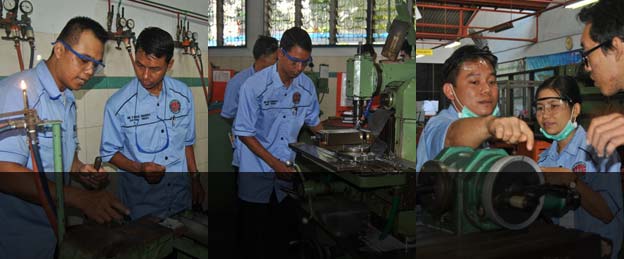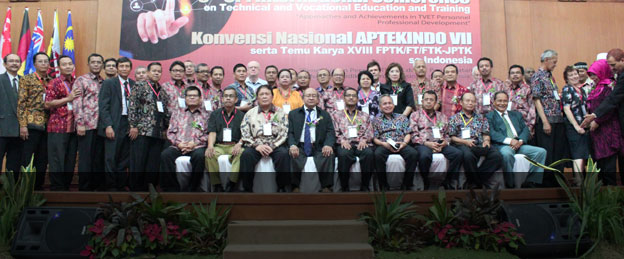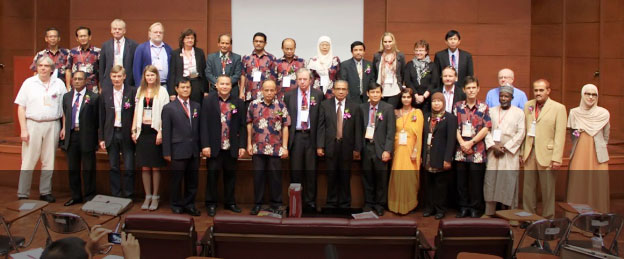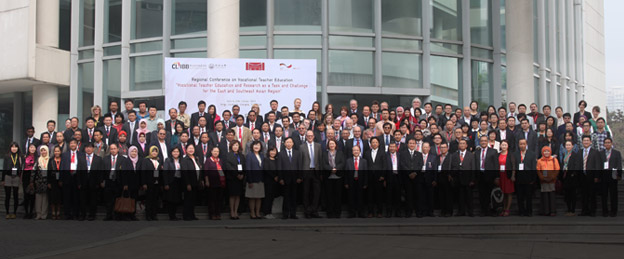The health sector is facing many challenges of which digital transformation of work, equality and equity of care, new types of pandemics as well as patients’ rights and involvement in their care are just a few. On the other hand, rapid technological developments and new forms of treatments are opening up new opportunities for the health of patients and populations. The changes and challenges also affect pedagogical and didactical practices of technical and vocational education and training of professionals and their commitment to continuous learning throughout their careers.
This issue of TVET@Asia gathers original research, case studies, and theoretical perspectives that shed light on the challenges, opportunities, and best practices in health care education including patient-centred education and health promotion. The issue takes a broad approach to the subject in relation to education of professionals, focusing on innovative approaches, evidence-based strategies, and emerging trends that enhance teaching, learning, and practical training in the healthcare field.







